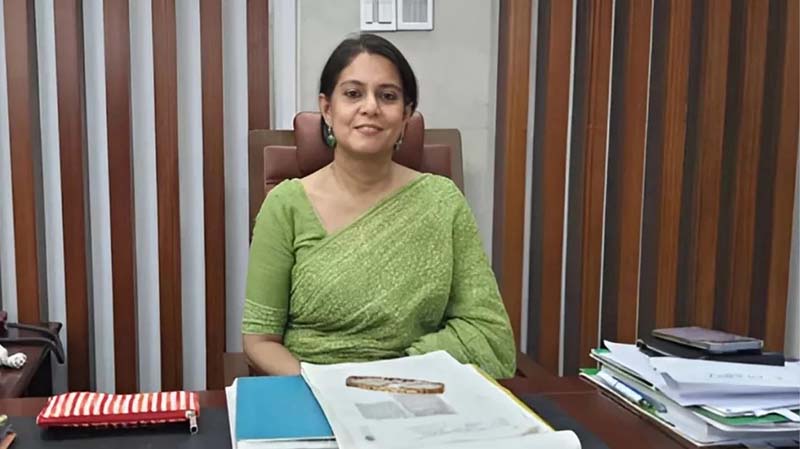Factories must pay tax for using groundwater. The government will introduce policies to encourage the reuse of groundwater in industries and regulate chemical management. Environmental Advisor Syeda Rizwana Hasan has stated that factories consuming excessive amounts of water will be subject to taxation.
Factories must pay tax: On Tuesday (February 11), at the opening ceremony of the Sustainable Apparel Forum held at a hotel in the capital, BEZA Executive Chairman Ashiq Chowdhury announced that policy reforms will be made to facilitate the repatriation of capital and profits for foreign investors.
Bangladesh’s apparel sector exports goods worth $40-45 billion annually. The production of these goods exerts significant pressure on water, electricity, fuel, and chemical resources. As climate change concerns grow, the new generation of buyers in developed countries prioritizes sustainable production. Therefore, strengthening environmentally friendly practices in Bangladesh’s garment sector is essential.
During the discussions at the Sustainable Apparel Forum, Michael Miller, Head of the European Union Mission in Bangladesh, stated that Bangladesh exports €20 billion worth of apparel to the European market annually. To maintain market access in the post-LDC era, environmental protection in industrial production will be crucial.
Syeda Rizwana Hasan, Advisor to the Ministry of Environment, Forests, Climate Change, and Water Resources, emphasized, “The government will impose charges on industries that heavily use groundwater. Policies will encourage reduced water consumption. Buyers must also take responsibility for ensuring fair wages for workers and environmentally sustainable production methods by offering fair prices for garments.”
Michael Miller, the EU Ambassador to Bangladesh, added, “Political stability is essential for sustainable economic development. We are keen to collaborate on developmental planning.”
BEZA and BIDA Executive Chairman Ashiq Chowdhury announced that unused land in economic zones will be allocated for 10- to 15-year solar power projects. He also stated that an international conference will be held to attract foreign investment.
Ashiq Chowdhury further mentioned, “There are complications in repatriating foreign investment capital and profits. The government will revise policies to simplify this process. Additionally, instead of developing 100 economic zones at once, the focus will be on industrialization in five zones over the next few years.”
At the sixth edition of the Sustainable Apparel Forum, visiting international buyers’ representatives will participate in seminars, discussions, and direct factory visits to assess Bangladesh’s apparel sector.


